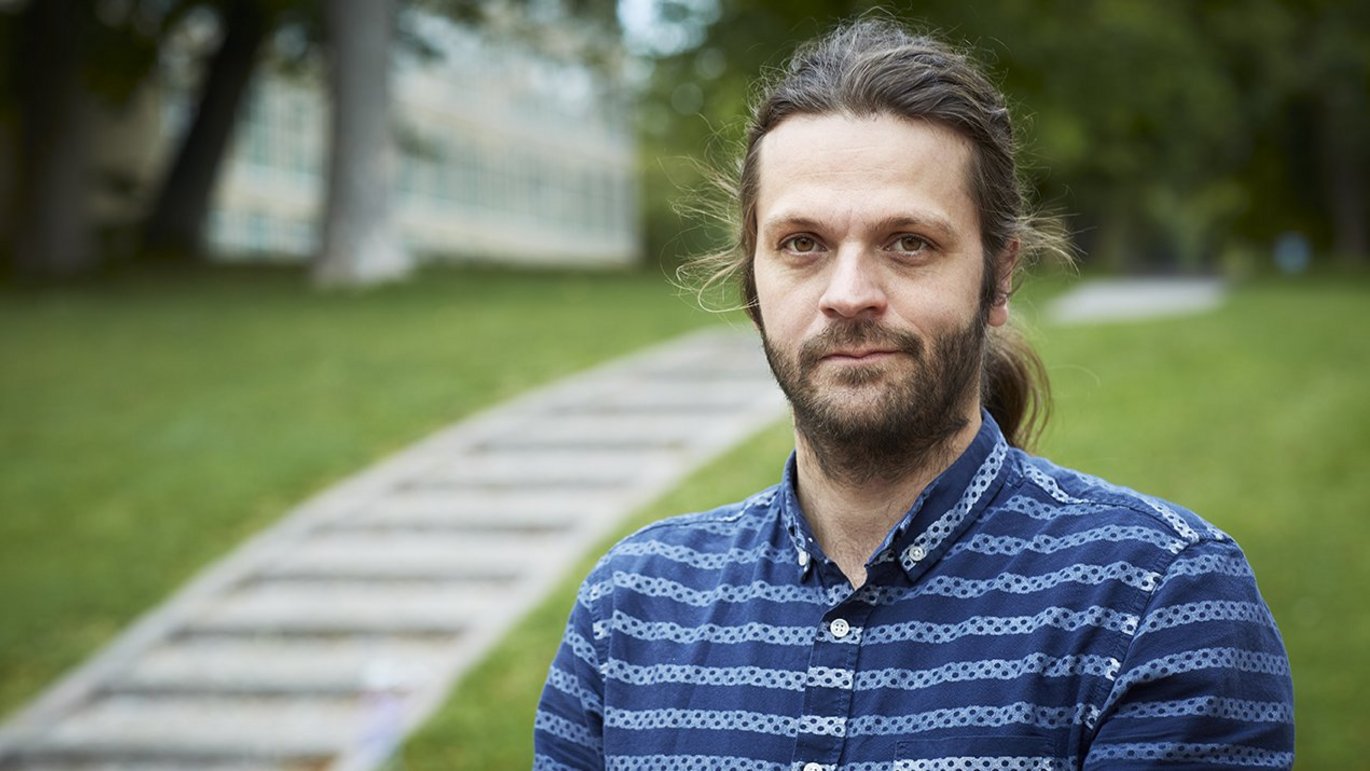Sapere Aude research group leader grant to Lau Møller Andersen
With a research grant from the Independent Research Fund Denmark AIAS Fellow and cognitive scientist Lau Møller Andersen will further investigate how the cerebellum, the little brain, works to advance our understanding of human interaction and cognition.

The Independent Research Fund Denmark supports talented young researchers at a high international level who are ready to become a research group leader through the Sapere Aude programme. On 30 November 2023, Lau Møller Andersen, fellow at the Aarhus Institute of Advanced Studies and assistant professor at the Department of Linguistics, Cognitive Science and Semiotics at Aarhus University is awarded a 4-year Sapere Aude research leader grant of DKK 6.2 million for his project entitled ‘The (re-)integration of the cerebellum.’
Understanding the cerebellum and its functions in the brain and body
The grant enables Lau Møller Andersen to build a research group of talented young researchers and provides opportunity for establishing and re-establishing both local and international collaborations, among other places in Germany and in Sweden.
Currently, little is known about how the cerebellum is involved in cognition, and therefore only unconnected data points exist. The overall aim of Lau Møller Andersen’s project is to make sure that we consider the cerebellum when aiming to understand human action and cognition. More specifically, he proposes that the cerebellum enables proactive action by building sensory expectations.
“The grant creates a fertile ground for me establishing a new field of research, where it becomes clear that the cerebellum must be integrated in our models to understand human action and cognition,” explains Lau Møller Andersen, fellow at the Aarhus Institute of Advanced Studies and assistant professor at the Department of Linguistics, Cognitive Science and Semiotics at Aarhus University.
The cerebellum: from ignorance to integration
Lau Møller Andersen has studied cognition for a long time mainly by using magnetoencephalography (MEG) – a brain scanning method. In his studies, the cerebellum kept appearing despite that the ruling notion at that time was that it is impossible to detect the neural activity of the cerebellum by using MEG scans. Lau Møller Andersen studied the cerebellum further, and realised that the cerebellum had a long history of being ignored, partly due to its purported primitiveness.
Since then, several studies besides his own have been published showing that it is indeed possible to detect the electrophysiological activity of the cerebellum. In fact, it is involved in nearly all cognition that the cerebrum is involved in, and the surface area of the cerebellum is 80 % of the surface area of the cerebrum. As it is the surface area that matters for neural activity, it is a considerable area.
“I hope that I through dissemination, popular and professional, can dispel the simplified notion of the cerebellum and put in its place a nuanced notion of the cerebellum and of the brain in its entirety. Finally, I also hope that a better understanding of Parkinson’s disease and the role of the cerebellum can be reached,” adds 2023 Sapere Aude recipient Lau Møller Andersen.
About the Independent Research Fund Denmark
Read more about all the 2023 Sapere Aude recipients here: https://dff.dk/en/current-news-and-events/independent-research-in-denmark-strengthened-with-39-talented-researchers
About the Independent Research Fund Denmark here: https://dff.dk/en
Contact
Lau Møller Andersen, AIAS Fellow, Assistant Professor
E-mail: lmandersen@cfin.au.dk
Aarhus Institute of Advanced Studies (AIAS) &
Department of Linguistics, Cognitive Science and Semiotics
Aarhus University
Denmark
